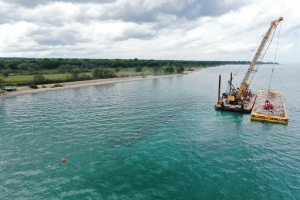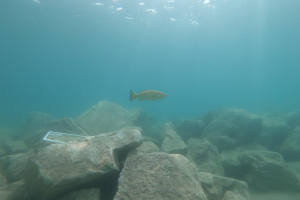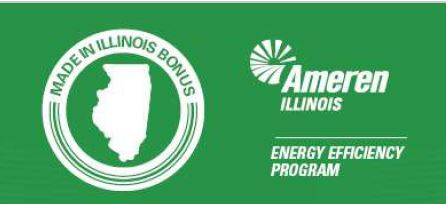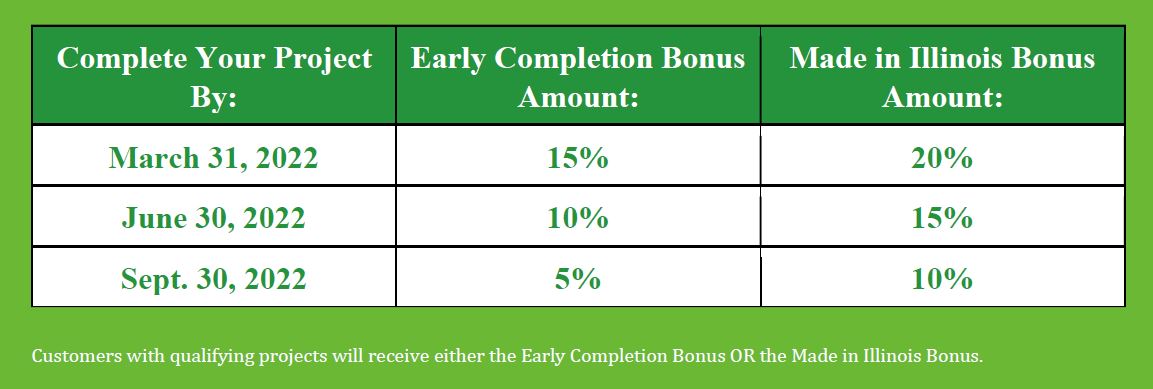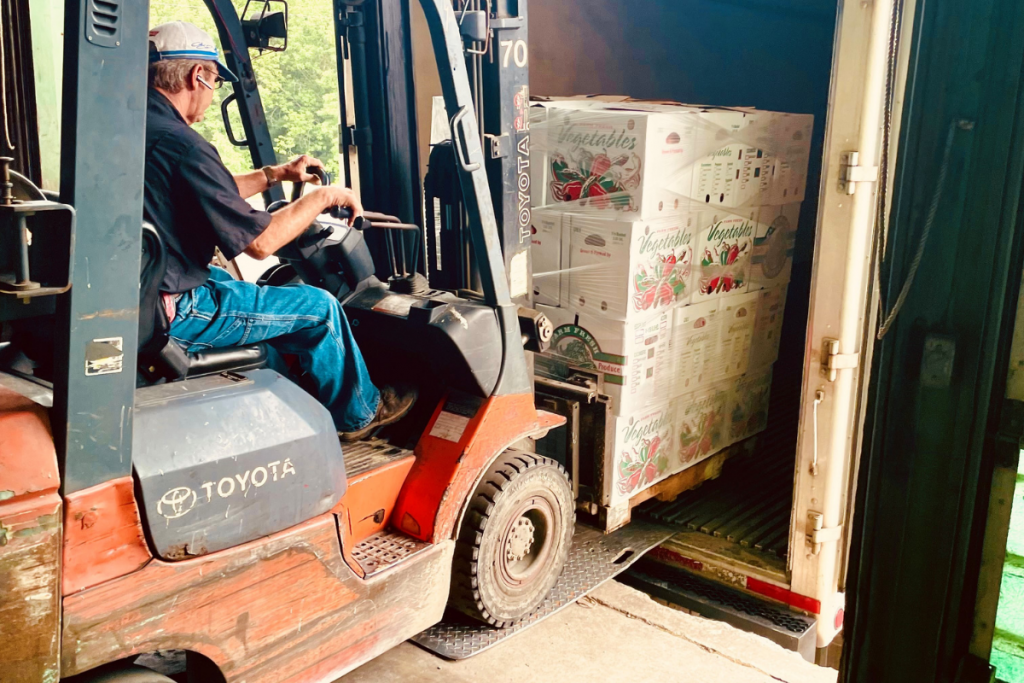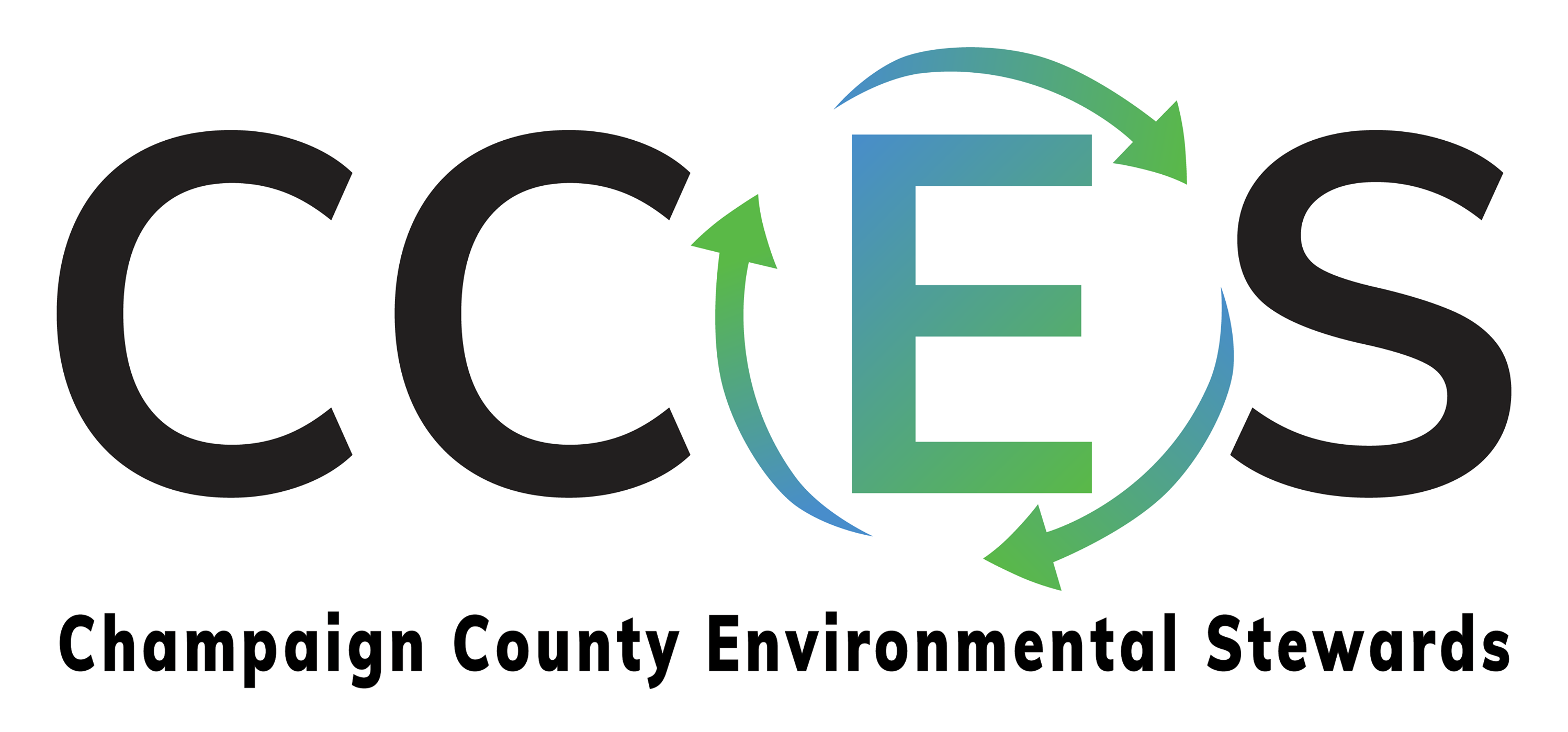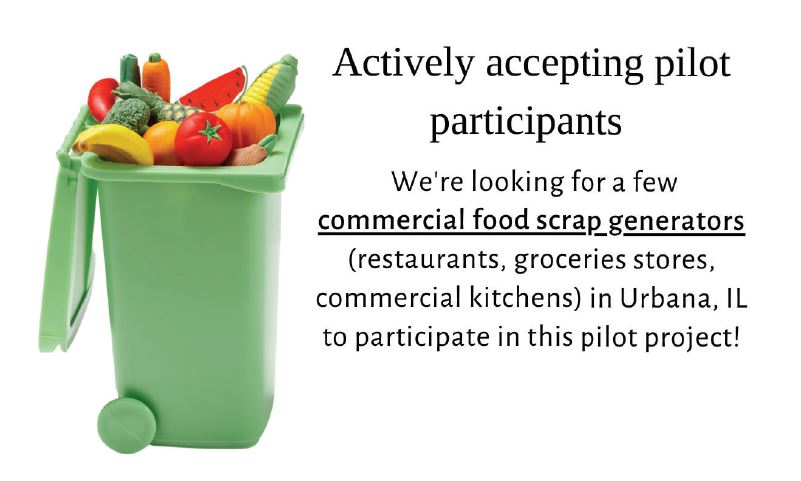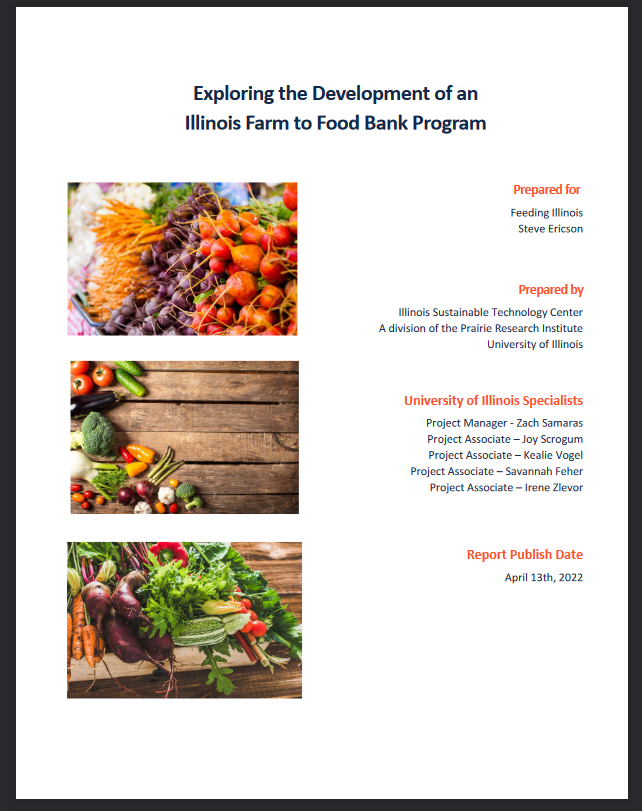
As reported in previous posts, the Illinois Sustainable Technology Center Technical Assistance Program (TAP) has been collaborating with Feeding Illinois, the Illinois Farm Bureau, the Illinois Specialty Growers Association, and other stakeholders to explore ways to reduce food waste from farms while also recovering nutritious fresh foods to increase the state’s food supply and help citizens facing food insecurity.
Recently, project partners released the initial feasibility study report from the first year of this project, entitled Exploring the Development of an Illinois Farm to Food Bank Program. The report is available in IDEALS, the University of Illinois’ institutional repository.
Through interviews, surveys, focus groups, and pilot projects it became clear that a Farm to Food Bank program would be welcomed by both the farming and food banking communities in Illinois. Such programs are defined in the Code of Federal Regulations [at 7 CFR 251.10(j)] as “the harvesting, processing, packaging, or transportation of unharvested, unprocessed, or unpackaged commodities donated by agricultural producers, processors, or distributors for use by Emergency Feeding Organizations (EFOs)” – i.e., hunger relief agencies. Several such programs exist throughout the United States, though not in every state (for examples, see the “Lessons from Other Farm to Food Bank Programs” section of this report). While commonly referred to as Farm to Food Bank, these programs can also operate as Farm to Food Pantry programs.
While this is an ongoing research project, this report serves to demonstrate research efforts undertaken from December 2020 – February 2022 that have led to this conclusion along with identifying strengths, weaknesses, threats, opportunities, and recommendations for a statewide Farm to Food Bank program.
Recommendations for 2022 and beyond include the following:
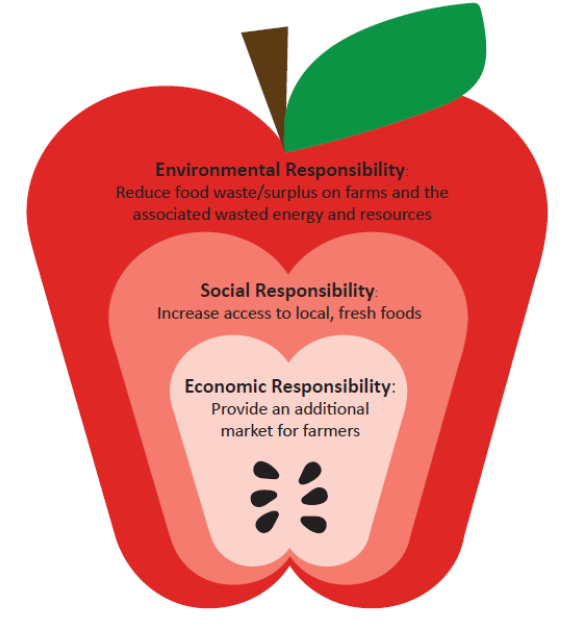 1. A Farm to Food Bank program should have three primary goals:
1. A Farm to Food Bank program should have three primary goals:
➢ Support farmers by providing a secondary market for off-grade and surplus products.
➢ Increase access to local, nutritious foods.
➢ Reduce food waste/surplus on farms and associated energy and resources.
2. Equity must be an essential part of the program.
3. Seek out partnerships with existing aggregation and processing centers.
4. Seek out partnerships with new food pantries.
5. Make Feeding Illinois and their member food banks a staple at ag-focused and food access events.
6. Increase communication between food banks.
7. Ensure buy-in from food banks and food pantries.
8. Improve capacity and resources at the food pantries.
9. Connect a Farm to Food Bank program with existing
technology platforms.
10. Diversify funding sources. Develop an advocacy plan to pursue public and private support.
11. Establish an advisory board to guide the actions of the Farm to Food Bank program.
12. Develop guidance and educational programs for farmers.
13. Measure success by more than just pounds of donated food.
14. Hire a dedicated employee to manage the Farm to Food Bank program.
15. Adapt the program as needed.
16. Continue piloting Farm to Food Bank strategies around the state.
While these recommendations can serve to guide Farm to Food Bank efforts, further research is needed to uncover opportunities and test collection and distribution strategies. ISTC and Feeding Illinois will collaborate to continue this research for the remainder of 2022 into 2023. The project team will continue outreach and engagement efforts to both increase participation and gather feedback on the program. They will also continue to work with Rendleman Orchards, which participated in the first pilot project of the study, as well as conducting additional pilot projects. In the coming year, ISTC and Feeding Illinois will also work with farmers markets around the state to test aggregation strategies.
Read more about this project on the “Project Descriptions” section of the TAP website.


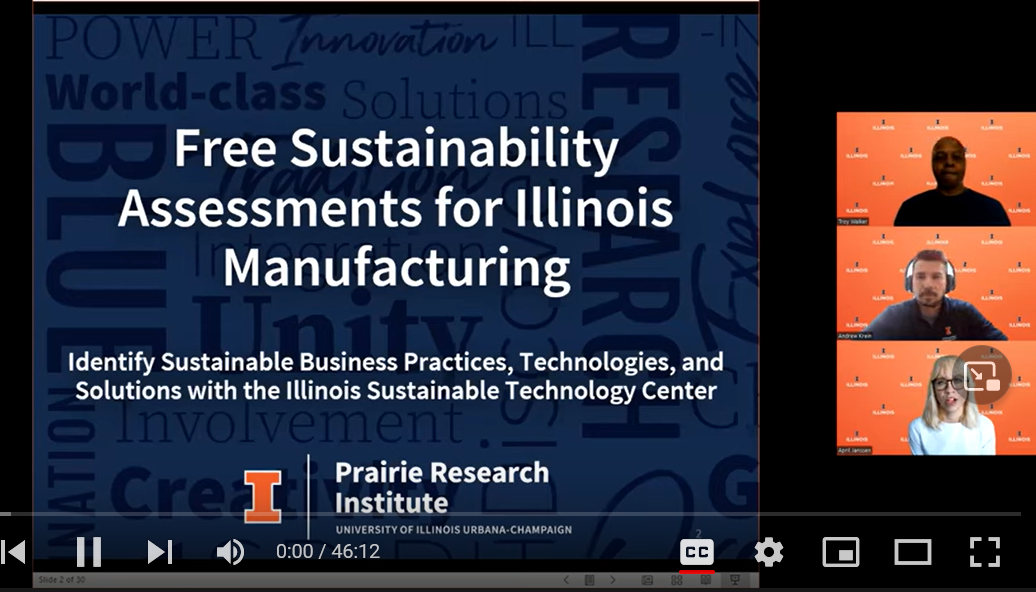
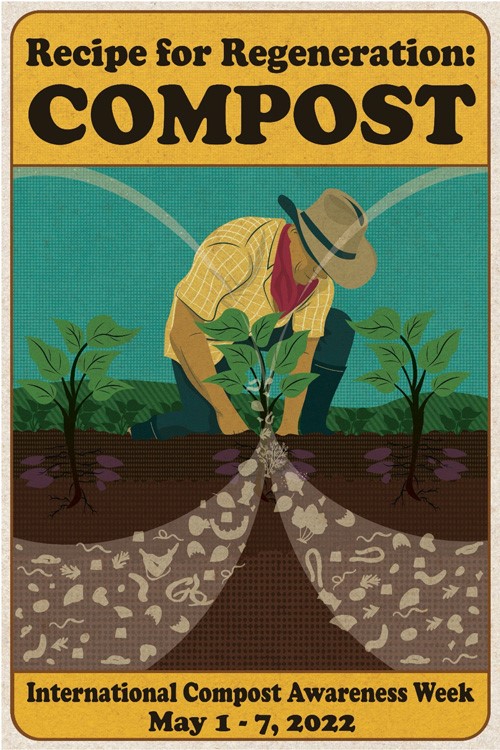
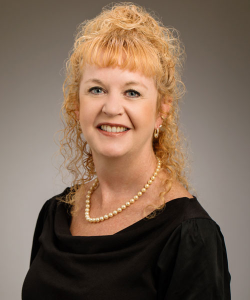 The
The 
